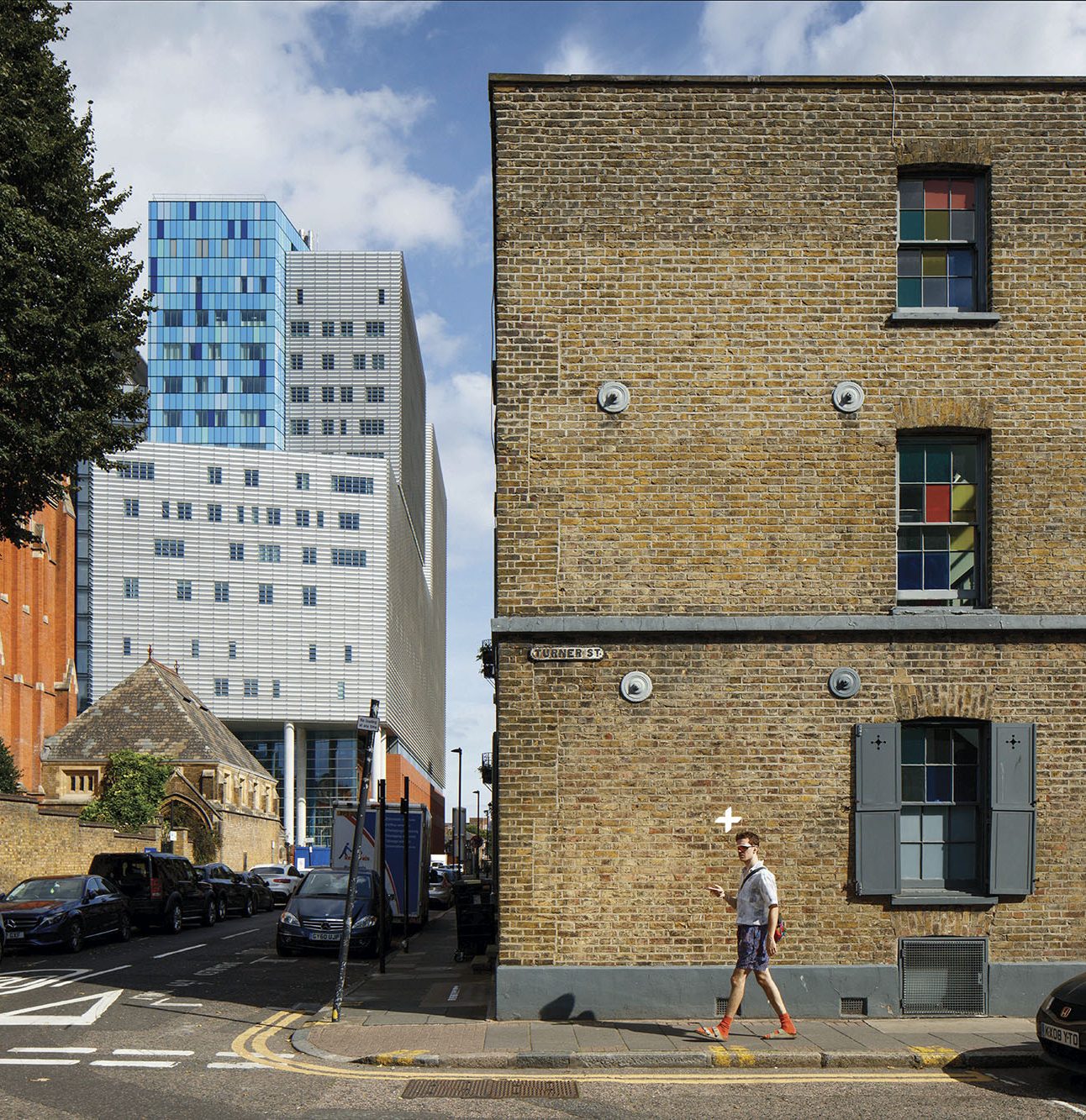
Helping to diagnose more people with dementia
In the UK, around 900,000 people live with dementia – a number that is expected to rise sharply in the coming years. Early detection and prompt treatment could help delay the onset of dementia, helping people live longer in good health.
Scientists believe that ethnicity may affect dementia risk because of its impact on other risk factors like vascular diseases, access to health services, racism and socioeconomic deprivation.
Historically, studies into dementia have underrepresented people from ethnic minority backgrounds and areas where people face more financial hardship. We need a better understanding of the risk of dementia in more diverse populations, to develop ways to help everyone affected by the condition.
That’s why, in 2017, we awarded £1.5 million to establish a Preventive Neurology Unit (PNU) at the Wolfson Institute of Population Health, Queen Mary University, to research brain and nervous system disorders.
Changing policy
Dr Charles Marshall is a consultant neurologist and dementia expert at Barts Health NHS Trust and leads a programme of dementia research at the PNU. His team recently conducted the first dementia study to adequately represent a diverse UK population, involving more than a million people across East London.
They found that both ethnicity and socioeconomic deprivation are much more important risk factors for dementia than previously thought. This highlights the need to prioritise preventing dementia in these populations. The findings are now influencing the commissioning of dementia services in East London.
This is the process by which the NHS plans, agrees and monitors its services. This will help to address local healthcare inequalities so that people can get the care they need. Our investment in the PNU has allowed Dr Marshall to develop a new cognitive neurology service at Barts Health.
Dr Marshall also works as a consultant at the East London Foundation Trust Diagnostic Memory Clinic in Tower Hamlets. This brings specialist dementia diagnoses to a population that didn’t have access to these important services before.

The study found around 1 in 10 cases of dementia were linked to ethnicity, and a similar number to socioeconomic deprivation
"This research highlights a need to prioritise dementia prevention strategies in diverse and deprived populations."Dr. Charles Marshall, Honorary Consultant Neurologist at Queen Mary University of London




